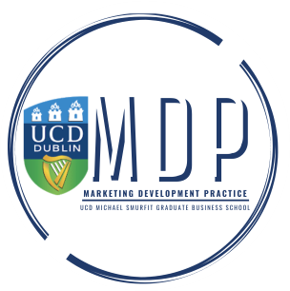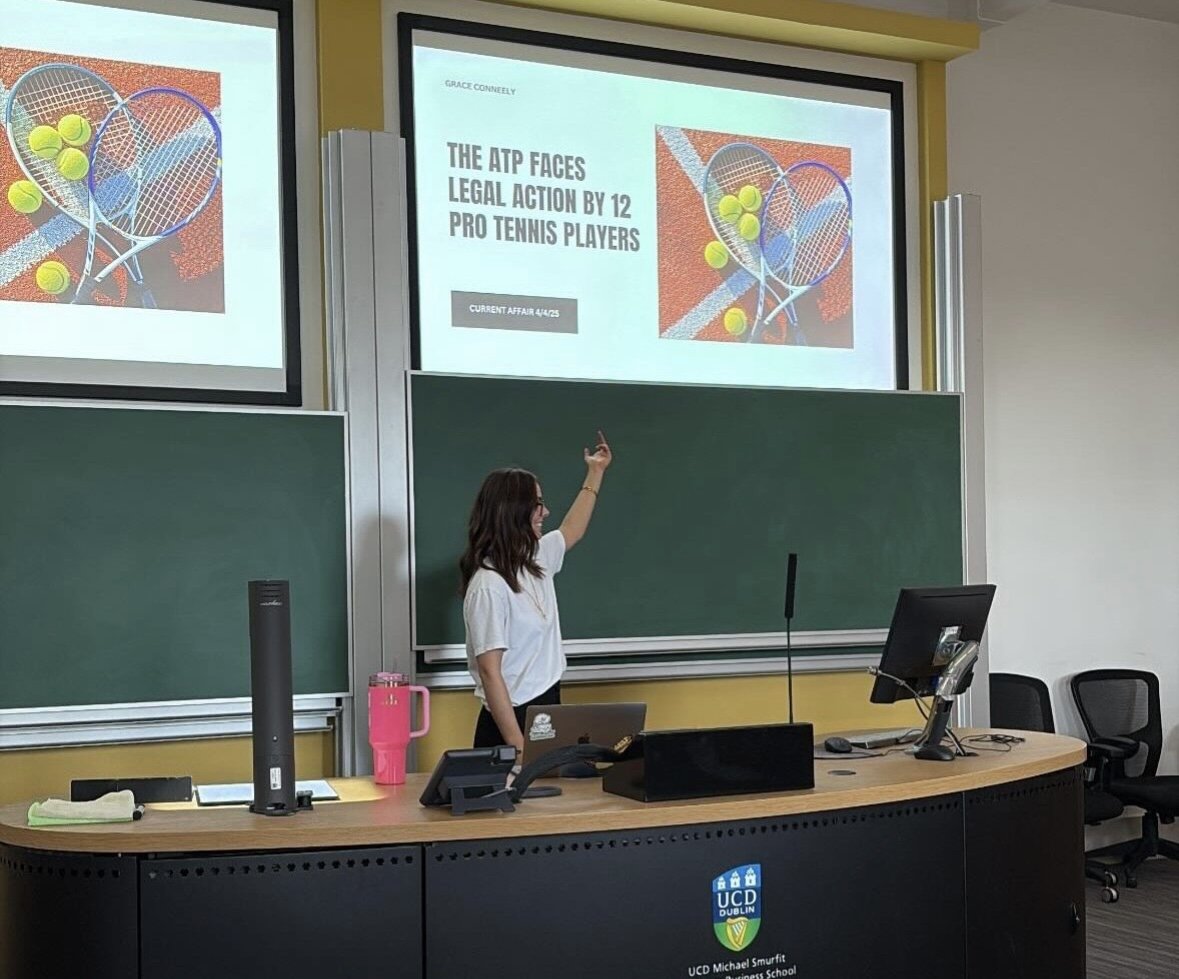
The Curriculum
Over the eleven months, advisors undertake a total of seven different modules that cover a broad range of disciplines and skillsets, and enable advisors to develop both professionally and personally.
Year-long Modules
Professional Development
This is a year long module. Students, acting as Marketing Advisors to firms and organisations, will learn professional skills related to the practice of marketing. Professional development embraces the principle for action learning and actively encourages action to fail, as well as succeed.
Learning outcomes include:
1.Operate effectively in teams and demonstrate self-direction when completing projects.
2.Engage in personal and professional self-reflection with a view to identifying and developing further the skills needed to operate successfully in the global marketplace.
3.Students will learn via action learning, reflective learning, student presentations, active/task-based learning, and critical writing of self-reflection papers.
Applied Projects
This is a year-long module. Throughout the duration of the course, advisors work collaboratively on a diverse range of client projects. Clients range from start-ups and not for profits, to large multinational organisations. Students work closely with managers from an array of different industries, helping them to solve their problems. By working on client projects, students develop both professionally and personally. Students are given the opportunity to enhance many of their soft skills, including their client management, teamwork, presentation, and time management skills.
Semester Modules
Digital Marketing
This module provides a comprehensive overview of the fundamentals of digital marketing. The focus of the course examines how businesses can use the internet and other digital media technologies to support their marketing goals. The module introduces participants to digital marketing principles, strategy development and digital marketing implementation and practice including social media marketing techniques.
Learning outcomes include:
1. Understand the changing mix of marketing communications from traditional to online.
2. How to develop an integrated marketing communications strategy including digital marketing.
3. Develop practical skills in applying digital technologies.
Advanced Digital Marketing
Marketing Effectiveness has become an important tool in a marketing professional’s career development. Measuring marketing efforts in real time with pinpoint accuracy; being able to reach millions on a nil budget by creating content worth sharing, bidding for search engine keywords and viral content- all measured on how effective it is in the broader realm of marketing. The course is designed to offer a comprehensive look at digital marketing through theory and hands-on experience- giving you tools to measure marketing effectiveness in the digital era.
Learning outcomes include:
1. Marketing Effectiveness Measurements- why and how to use them.
2. Crafting strategic content to build brand longevity vs short term gain.
3. Making data-driven decisions.
4. Auditing a brand’s digital presence and improving it.
Strategic Consumer Insights
A research module specifically using the technique of Action Learning. The purpose of the module is to allow graduate students to develop original insights on the practice of marketing based on acting as marketing professionals for client organisations. The opportunity to apply theories and tools in the graduate classroom is to the fore.
Specific content covered includes:
Understanding and negotiating clients needs
Building effective client proposals
Building customer insights
Developing effective marketing strategy from customer insights.
Strategic Marketing Management
Strategic Marketing Management is a business philosophy which puts the customer at the centre of the business.It is the ability of the organisation to organise itself to meet the current and future needs of customers more than effectively than its competitors. It requires a range of skills on the part of the strategic strategic marketing manager and it requires the organisation to adopt a carefully thought out systematic approach with clearly articulated objectives. Strategic Marketing Management integrates different aspects of marketing activity within the organisation including segmentation, positioning, competitive strategy, new product development, brand management, communications, pricing and distribution.
Learning outcomes include:
1. To demonstrate how marketing can and should be at the heart of a corporate strategy.
2. To familiarize students with the different contexts in which strategic marketing management can and should occur.
3. To help students develop the analytical and creative skills required to become innovative strategic marketing managers.
4. To show how different market contexts and competitive positions call for different strategic responses.
Building a Marketing Plan in a Digital World
With a focus on e-commerce centric brands, this module has been developed to provide an overview of marketing as a strategic function. Participants will take away an increased understanding of how to plan, build, execute and measure the impact of a marketing plan. Geared towards graduate marketers, this module is delivered over twelve two-hour sessions and aims to provide perspective and context for participants as they take the next steps in their career. Designed to cover all aspects of strategic marketing planning, it relies heavily on use cases and case studies to illustrate working examples. In the spirit of action learning, this course will actively encourage and facilitate discussion and feedback around each session.








